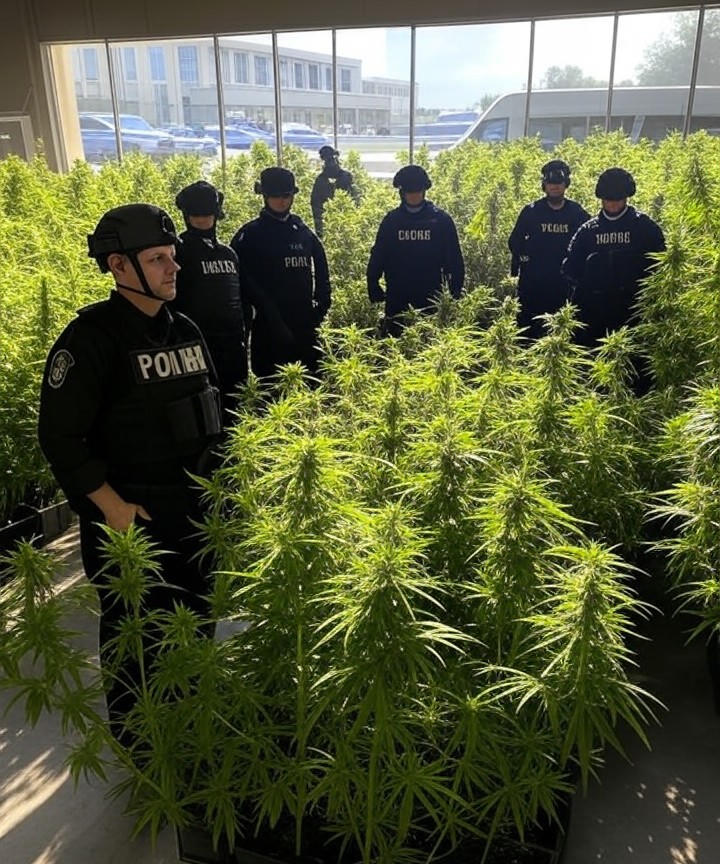Cannabis on the Brink of Legitimacy: But What Does it Mean for Medicine?
The US Drug Enforcement Administration (DEA) has proposed new rules that would reclassify cannabis as a medication, rather than an illegal narcotic. While this move is seen as a significant step forward, experts warn that it may not necessarily lead to cannabis becoming a widely available medication.
Under the new rules, cannabis would be classified as a Schedule III drug, which would require FDA approval and a doctor’s prescription for any cannabis-based medications. This would put it in the same category as medications like codeine and ketamine. However, cannabis would still be available at state-legal dispensaries without the FDA’s signoff.
Dr. Peter Grinspoon, a physician and author, believes that the rescheduling of cannabis is more symbolic than substantive. “The US government is once again admitting that [cannabis] is a medicine,” he says. “It’s currently very difficult to get permission from the federal government to do research on the cannabis plant. Rescheduling could make it easier to study medical cannabis by easing stigma as well as legal restrictions.”
Grinspoon hopes that the rescheduling will lead to more research on the potential medical benefits of cannabis. “Cannabis isn’t magically different from everything else,” he says. “It’s less harmful than opiates, but it still has harms, and if you use it, you should want to know the harms.”
Dr. Igor Grant, a psychiatrist and director of the Center for Medical Cannabis Research at the University of California, San Diego, believes that cannabis could be especially useful for treating conditions that resist existing treatments. “Neuropathic pain continues to be an important direction,” he says. “It’s associated with many conditions including HIV infection, multiple sclerosis and spinal injuries, and is ‘difficult to treat, and really impairs quality of life’.”
However, experts warn that in order to get FDA approval, cannabis-derived drugs would likely need to be synthetic or extensively refined. This could limit the types of medications that are available and make it difficult to capture the full range of benefits that cannabis has to offer.
Dr. Jahan Marcu, author of the book Cannabis Innovations, believes that the FDA is unlikely to approve unrefined cannabis products, citing the need for precise dosing and consistency. However, he is hopeful that the FDA’s approval of Epidiolex, a pharmaceutical-grade formulation of CBD, could pave the way for other cannabis plant-derived medications.












